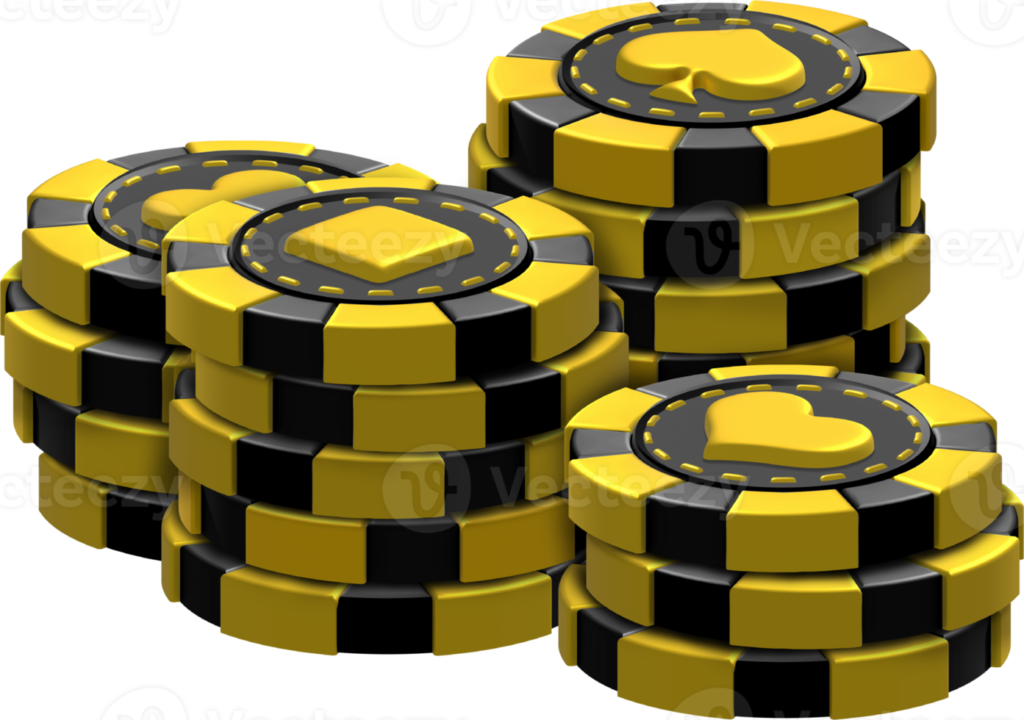
Introduction
Casino coins are an integral part of the gambling industry, serving as the primary medium of exchange in casinos. Beyond their practical use, these coins have a rich history, intricate designs, and significant economic and cultural impact. This guide delves into the world of casino coins, exploring their history, types, manufacturing process, uses, and future trends.
History of Casino Coins
Early Beginnings
The use of coins in gambling dates back centuries. In the early days, various items such as bones, shells, and stones were used as betting tokens. The concept of using standardized coins for gambling began to take shape in the 19th century, providing a more convenient and secure way to handle wagers.
Evolution Over Time
As gambling establishments grew in popularity, the need for standardized betting tokens became apparent. By the late 19th century, casinos started using metal coins, which were more durable and easier to manage. These coins were often made of brass, copper, or other metals.
Modern-Day Casino Coins
Today, casino coins are highly sophisticated and feature advanced security measures. They come in various denominations and designs, reflecting the casino’s brand and ensuring security against counterfeiting.
Types of Casino Coins
Standard Coins
Standard coins are the most common type found in casinos. They are used in a wide range of table games and come in different colors and denominations, making them easily identifiable.
High-Denomination Coins
High-denomination coins, also known as “high rollers” or “plaques,” are used for large wagers. These coins are often larger and feature more intricate designs and security features to prevent counterfeiting.
Commemorative Coins
Commemorative coins are issued to mark special events or milestones. They are often used as promotional items and can be redeemed for play or prizes. These coins are popular among collectors.
Materials and Manufacturing
Metal Coins
Metal coins are typically made from brass, copper, or nickel. These materials provide durability and a substantial feel, which is preferred in many casinos. Metal coins can be stamped with intricate designs and security features.
Composite Coins
Composite coins are made from a combination of materials, including metals and plastics. They are less expensive to produce than metal coins and offer good durability and design flexibility.
Manufacturing Process
The manufacturing process for casino coins involves several steps, including designing, molding, stamping, and finishing. Advanced technology is used to embed security features, such as RFID chips, to prevent counterfeiting and track usage.
Design and Security Features
Unique Designs
Each casino coin is uniquely designed to reflect the casino’s brand and ensure easy identification. Designs often include the casino’s logo, unique colors, and specific patterns.
RFID Technology
Many modern casino coins include RFID (Radio Frequency Identification) technology, allowing casinos to track each coin’s movement. This helps in managing inventory, preventing theft, and ensuring game integrity.
Anti-Counterfeit Measures
To prevent counterfeiting, casino coins are embedded with various security features, such as holograms, UV markings, and micro-text. These measures make it difficult to produce fake coins that can pass as authentic.
Uses of Casino Coins
Gaming
The primary use of casino coins is in gaming. They are used in place of cash to place bets on table games like Blackjack, Roulette, and Poker, providing a standardized and efficient betting system.
Tournaments
In poker tournaments, players use coins to keep track of their progress. The coins represent tournament currency and help determine the players’ standings and winnings.
Collecting
Casino coins have become popular collectibles. Collectors seek coins from various casinos, especially those with historical significance or limited editions. These coins can be valuable and highly sought after.
Economic Impact of Casino Coins
Revenue Generation
Casino coins are integral to the revenue generation of casinos. They facilitate efficient transactions and enhance the gaming experience, encouraging more play and higher wagers.
Employment Opportunities
The production and management of casino coins create numerous jobs, from manufacturing and design to casino floor staff and security personnel.
Tourism Boost
Casinos are major tourist attractions, and casino coins play a role in the overall casino experience. Unique and attractive coin designs can also serve as souvenirs, boosting tourism revenue.
Regulations and Standards
Licensing and Compliance
Casinos must adhere to strict regulations regarding the use and management of coins. Licensing bodies ensure that coins meet specific standards for weight, size, and security features.
Standardization
There are industry standards for the size, weight, and material composition of casino coins. These standards help maintain consistency and fairness in gaming operations.
Responsible Gambling
Casinos promote responsible gambling by implementing measures to help players manage their betting. This includes setting limits on coin purchases and providing resources for problem gambling.
Cultural Significance of Casino Coins
In Media and Pop Culture
Casino coins are iconic symbols in media and pop culture, often associated with luxury, risk, and excitement. They are frequently featured in movies, television shows, and literature about gambling.
As Collectibles
Many enthusiasts collect casino coins, valuing them for their historical significance and unique designs. Some coins, especially those from famous or defunct casinos, can be worth significant amounts.
Symbolism
Casino coins symbolize the allure of gambling and the chance to win big. They represent the risks and rewards inherent in casino gaming, capturing the imagination of players and collectors alike.
Future of Casino Coins
Technological Innovations
The future of casino coins will likely see more technological innovations, such as advanced RFID tracking and enhanced security features. These innovations will improve management and security while enhancing the player experience.
Challenges Ahead
Casinos face challenges in maintaining coin security and preventing counterfeiting. As technology evolves, so do the methods used by counterfeiters, requiring continuous improvements in coin design and security.
Sustainability Concerns
The production of casino coins raises sustainability concerns. Casinos are exploring eco-friendly materials and manufacturing processes to reduce their environmental impact.
Conclusion
Casino coins are a vital component of the gambling industry, offering a standardized and secure method for placing bets. They have a rich history, intricate designs, and significant economic and cultural impacts. As technology advances, the future of casino coins promises even greater innovations and enhancements.
FAQs
What are casino coins made of?
Casino coins are typically made from metals like brass, copper, or nickel, or composite materials that include plastics.
How are casino coins designed to prevent counterfeiting?
Casino coins include various security features such as holograms, UV markings, RFID technology, and micro-text to prevent counterfeiting and ensure authenticity.
What are high-denomination coins used for?
High-denomination coins are used for large wagers and are often found in high-stakes games and VIP rooms. They feature more advanced security measures and unique designs.
Can you buy casino coins as collectibles?
Yes, many people collect casino coins, especially those from famous casinos or limited editions. Collectible coins can be purchased from online marketplaces, auctions, and specialty shops.
How do casinos track coin usage?
Casinos use RFID technology embedded in coins to track their movement and usage. This helps in managing inventory, preventing theft, and ensuring game integrity.
What is the future of casino coins?
The future of casino coins will likely include more advanced technology and security features. There is also a growing focus on sustainability and eco-friendly manufacturing practices.










